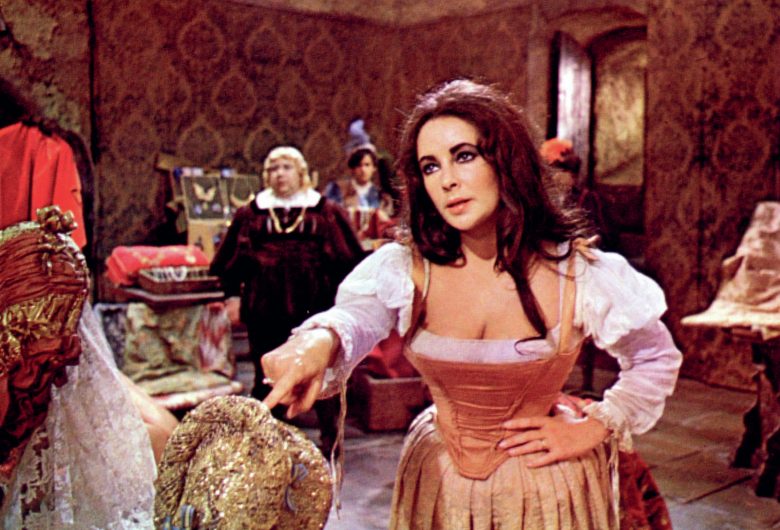
We adapt our language, appearance and behaviour all the time to suit social contexts. You wouldn’t go to a formal ball in a tracksuit and trainers. If you gave evidence in court you would address the magistrate respectfully as ‘ma’am’. Even if you knew her first name was Samantha, it would be as well not to call her ‘Sam’ — not unless you had an urge to spend a night in the cells for contempt of court.
The difference between ‘ma’am’ and ‘Sam’ is a matter of register — that is, the type of language considered appropriate for a particular social setting. This concept underpins the literary idea of decorum, according to which particular types of style are associated with different kinds of writing. For instance, a grand or elevated ‘high’ style has traditionally been regarded as appropriate for epic and tragedy, a plain unadorned ‘middle’ style for instructional writing, and a low or vulgar style for satire and comedy.
Your organisation does not have access to this article.
Sign up today to give your students the edge they need to achieve their best grades with subject expertise
Subscribe




